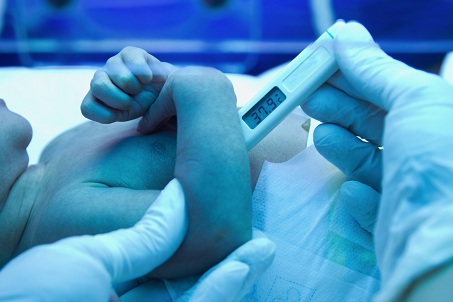New treatment to combat meningitis in newborns

date: 25/03/2014
Project: European multicenter network to evaluate...
acronym: NEOMERO
See also: CORDIS
Contact: http://www.neomero.org/
The agents (for example, fungal infections) that cause sepsis have developed resistance to many of the antibiotics currently used. To address this situation, the European Union (EU)-funded NEOMERO research project is evaluating the effectiveness and safety of the drug called meropenem to combat sepsis in infants aged less than three months old. Currently this drug is only licensed for use in infants over this age.
The study, led by the Fondazione Penta from Padua, Italy, comprises two randomised clinical trials involving infants at more than 50 locations in the EU. The NEOMERO project is run by an independent academic network, in collaboration with a pharmaceutical company.
“The main aim of this project,” says project coordinator Dr. Carlo Giaquinto of the Fondazione Penta, “is to generate clinical data that will allow the official acceptance of the use of meropenem for newborn babies.” Moreover, it is expected that new, age-appropriate meropenem formulation will be granted a pediatric-use marketing authorisation (PUMA) by the European Medicines Agency.
The two current trials are proceeding according to plan and patient recruitment is on target for the final results that are expected by mid-2015. As these are randomised trials, it is still too early to know whether the meropenem-based treatment is more effective than existing methods. However, the Fondazione Penta’s Data Safety and Monitoring Committee checking the results has recommended continuing the study.
“We expect that the results of this study will increase the knowledge of how best to treat meningitis and sepsis in newborns,” explains Dr. Giaquinto. “The outcomes emerging from this study may not just decrease the mortality and long-term consequences of the condition, but also minimise the risk of using sepsis-resistant drugs,” he concludes.
